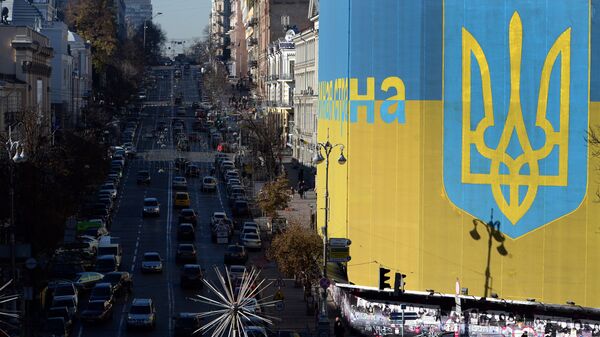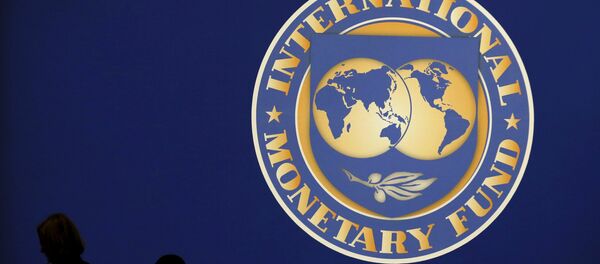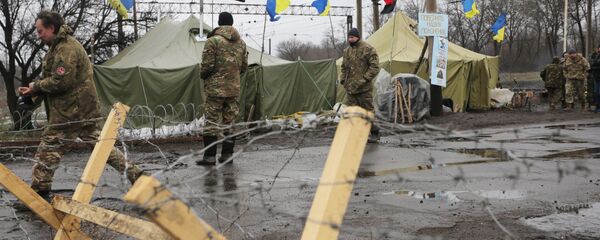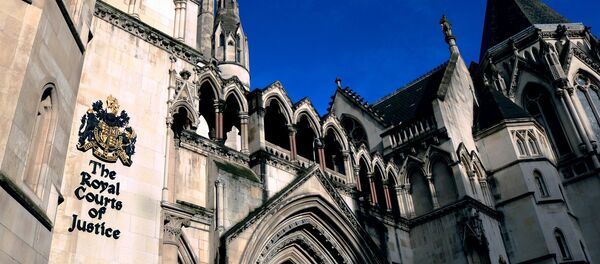"We won’t make it by the recess," Groysman said, referring to the land bill, which may be approved by the end of the year.
"We’re working on the reforms and the fifth tranche will arrive," the Prime Minister added.
In 2015, the IMF adopted a $17.5 billion four-year bailout plan for Ukraine, which requires the implementation of economic reforms.
In May, the IMF laid down two conditions Kiev must meet to receive the fifth tranche, including land reform and pension reform. The Ukrainian government has partially met the requirements. In early June, the IMF and the World Bank approved Ukraine’s pension bill.
According to Russian political analyst Vladimir Kornilov, the issue of land reform is part of the bargaining between Kiev and the IMF.
"Land reform has been the stumbling block in this whole story with IMF tranches. This is a repeating story. The parliament passes a law on the moratorium [on free sale of land] and tells the IMF that it will remove it. Then, the government understands that the reform will spark public anger and delays the decision again. The IMF uses the situation to delay another tranche, but then allocates it," Kornilov told Radio Sputnik.
In turn, Oleg Soskin, head of a Kiev-based think-tank, the Institute for Public Transformation, warned that Ukraine should be cautious with the IMF money.
"Ukraine does not need this money because the terms [of the bailout] are extremely stringent. On average, Ukraine will have to pay the IMF twice [the amount it borrows]. But how can these billions can be returned if the money has mostly been embezzled? In 2017, Ukraine must return nearly $9 billion, but there is no money. The GDP is dropping and there is no growth in manufacturing," Soskin told Radio Sputnik in a separate interview.
"There will be no sale of land. Polls reveal that up to 45 percent of respondents are ready to take to the streets to protest against reform. No one wants a peasant revolt," Soskin said.
According to him, the current political situation in Ukraine will not allow for the IMF’s requirements to be met.
"A new majority is currently taking shape in the parliament and those lawmakers are against the pension reform and the free sale of farmland. The IMF money is dangerous and it’s better not to touch it," Soskin said.





